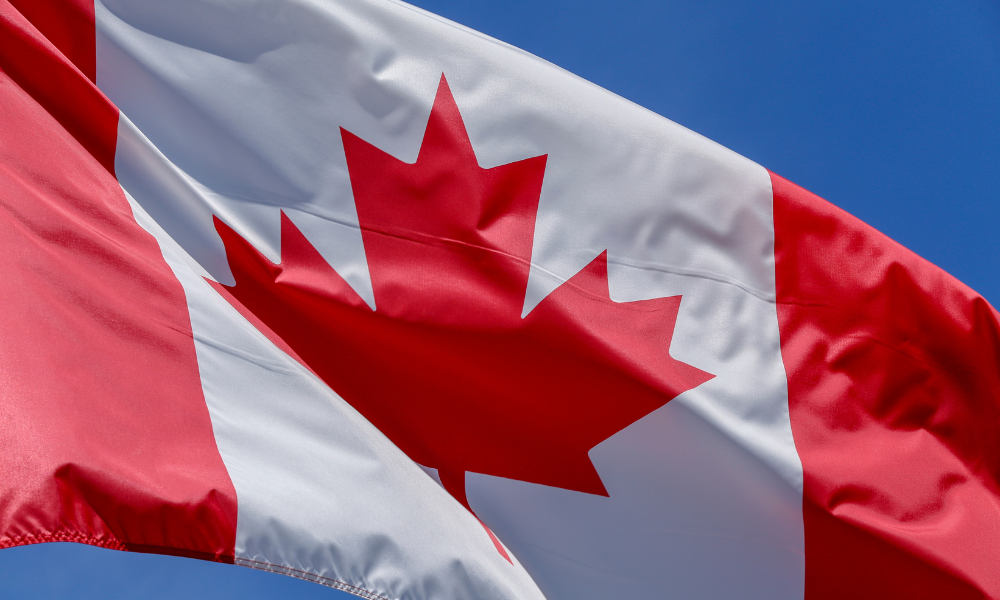Commercial laws such as consumer protection acts in Canada are important for both the public and for private businesses. These laws protect the public from misleading and unfair trade practices and guide businesses in the conduct of their operations.
What are basic consumer rights in Canada?
There are eight basic consumer rights that are accepted internationally. These are also recognized in Canada by businesses and regulating authorities.
These rights are:
- right to basic needs: such as basic goods for survival and includes the right to be guaranteed of the availability of these goods
- right to safety: to be protected against hazardous or dangerous products which includes the responsibility of the consumer to take necessary precautions in the use of these products
- right to information: to be informed of pertinent facts that would guide consumers to make an informed decision
- right to choose: to choose products that have excellent quality and are sold at a reasonable price
- right to representation: to be represented in and be heard by governing bodies, organizations, and associations for policy-making purposes
- right to redress: to be compensated or refunded for injurious and unsatisfactory products or services, or any other cause of action regarding these products or services;
- right to consumer education: to have opportunities to grow as an informed consumer through different educational platforms
- right to a healthy environment: to live in an environment that improves life and promotes the dignity of a human being
What is consumer protection act in Canada?
In recognition of these rights of the consumer, numerous consumer protection acts have been enacted. These laws recognize that the public and private businesses have responsibilities in ensuring that goods and services in Canada are free from dangers affecting human health and safety.
Laws on consumer protection are a shared responsibility between the Canadian federal government and the provinces and the territories.
At the federal level we have the Canada Consumer Product Safety Act (CCPSA).
We also have different consumer protection acts at the provincial or territorial level.
Canada Consumer Product Safety Act
The CCPSA ensures the safety of Canadian products by regulating the production, selling, and advertising of products in Canada at the federal level. The CCPSA is administered by Health Canada.
Products Covered by CCPSA
The CCPSA applies to all consumer products (section 4, CCPSA), except for those listed in Schedule 1 of the CCPSA. These products are covered by other Canadian federal laws, such as:
- Explosives Act: explosives
- Food and Drugs Act: cosmetics, medical devices, food, natural health products, and drugs
- Pest Control Products Act: pest control products
- Motor Vehicle Safety Act: motor vehicle, including its parts
- Criminal Code: firearms, ammunition, cartridge magazines, and crossbows
- Cannabis Act: cannabis
- Tobacco and Vaping Products Act: tobacco products
Prohibitions under the CCPSA
For products that are not listed under Schedule 1, the CCPSA outlines certain prohibitions (sections 5-11, CCPSA):
- the manufacturing, importation, advertising, or selling of products listed under Schedule 2, or those which do not meet the requirements under any of the applicable Regulations made under the CCPSA;
- the manufacturing, importation, advertising, or selling of products which are dangerous to human health and safety, or are the subject of a recall order or voluntary recall;
- the misleading or deceptive packaging, labelling, or certification of a product which creates the wrong impression that a product is not a danger to a consumer’s health and safety, when in fact it is; and
- the deliberate selling or advertising of a product that bears misleading or deceptive packaging or labelling.
Inspection
One of the authorities granted by the CCPSA to Health Canada is its power of inspection (section 21 (1), CCPSA). Watch this video to learn more:
To learn about consumer protection acts in Canada, speak with a lawyer in your area. If you’re in St. John’s, for example, contact an advertising and marketing lawyer in Newfoundland and Labrador.
Get to know what are health and safety inspections in Canada here.
Preparing and Maintaining of Documents
Part of consumer protection under the CCPSA is the requirement imposed on manufacturers, importers, advertisers, sellers and product testers to prepare and maintain documents as required by Health Canada (section 13, CCPSA). This is for systematic tracing of products during a supply chain analysis or a recall order (sections 31-32, CCPSA). This happens when products turn out to be unsafe or pose a danger to consumers’ health.
Incident Reporting
When an incident related to a consumer product occurs (section 14, CCPSA), the manufacturer, importer, or seller of that product shall provide the Minister of Health and that product’s supplier all the necessary information within their control regarding the incident within 2 days.
The manufacturer (domestic or foreign) must also submit to the Minister a detailed report on the reported incident within 10 days.
A reportable incident under the CCPSA happens when it results in serious injuries, adverse effects on the consumers’ health, or death, due to the products’:
- characteristics;
- defects;
- incorrect or insufficient information on its label or instructions; or
- lack of a label or instructions
A reportable incident also happens when a recall order was issued or ordered by a:
- foreign entity;
- provincial or aboriginal government; or
- government agency or regulating authority
Provincial or Territorial Consumer Protection Act
Different consumer protection acts are also carried out by provinces and territories. Each has its own guidelines for certain goods or services.
Ontario has its own Consumer Protection Act. Québec has similar legislation, also called Consumer Protection Act. British Columbia, meanwhile, has the Business Practices and Consumer Protection Act. Other provinces and territories have their own consumer protection acts.
Who is covered by the Consumer Protection Act?
Both consumers and producers are covered by the different consumer protection acts. While manufacturers, importers, advertisers, or sellers have the responsibility to ensure the safety of their consumer products and services, the public also has to be vigilant in enforcing their rights whenever needed.
Interested to know more about the CCPSA or the different provincial consumer protection acts? Contact any of Lexpert's best-ranked advertising and marketing lawyers in Canada for more information.





